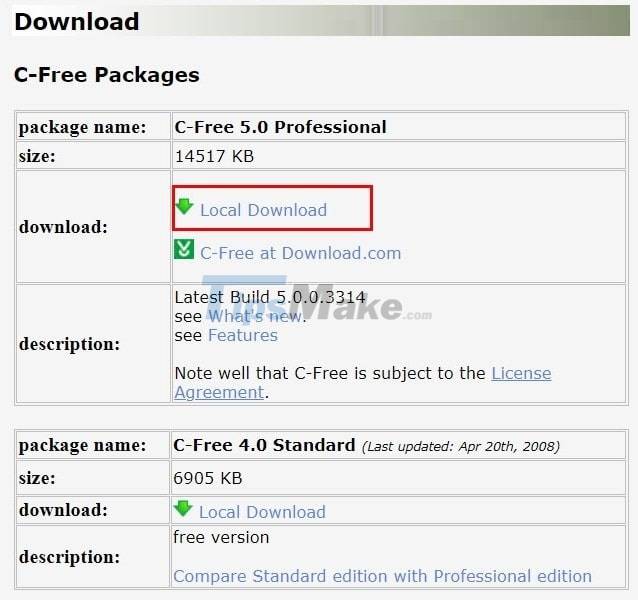

Please, make sure you downloaded the latest version as linked above, and that you enabled the compiler options to compile C++11 as described above.


If you get an error on the type of x, the compiler does not understand the new meaning given to auto since C++11. Now, hitting F11 should compile and run the program. You are now ready to compile C++11!Ĭompiling console applicationsTo compile and run simple console applications such as those used as examples in these tutorials it is enough with opening the file with Dev-C++ and hit F11.Īnd save it with some file name with a. There, in 'Language standard (-std)' select 'ISO C++ 11': Here, select the 'Settings' tab, and within it, the 'Code Generation' tab. It shall be explicitly enabled by going to: Support for C++11By default, support for the most recent version of C++ is not enabled. InstallationRun the downloaded executable file, and follow its instructions.

Originally released by Bloodshed Software, but abandoned in 2006, it has recently been forked by Orwell, including a choice of more recent compilers. Dev-C++ is a free IDE for Windows that uses either MinGW or TDM-GCC as underlying compiler. Turbo c 3.0, c++ turbo, turbo c, of-turbo-c,, turbo-c, for turbo c, LimeWire Turbo Accelerator, TurboC++, debugger, Borland Windows 2000, Windows 2003, Windows XP, Windows Vista, Windows Vista 圆4, Windows 7, Windows 7 圆4, Windows 8, Windows 8 圆4, Windows 10, Windows 10 圆4 Initially released as an MS-DOS compiler, 3.0 supported C++ templates, Borland's inline assembler, and generation of MS-DOS mode executables for both 8086 real mode and 286 protected mode (as well as the Intel 80186.) 3.0 implemented AT&T C++ 2.1, the most recent at the time. Turbo C++ 3.0 was released in 1991 (shipping on November 20), and came in amidst expectations of the coming release of Turbo C++ for Microsoft Windows. How to install Turbo C++ on Windows Vista/7 圆4 How to install Turbo C++ on Windows Vista/7 Top Freeware Keywords Show more Show less


 0 kommentar(er)
0 kommentar(er)
